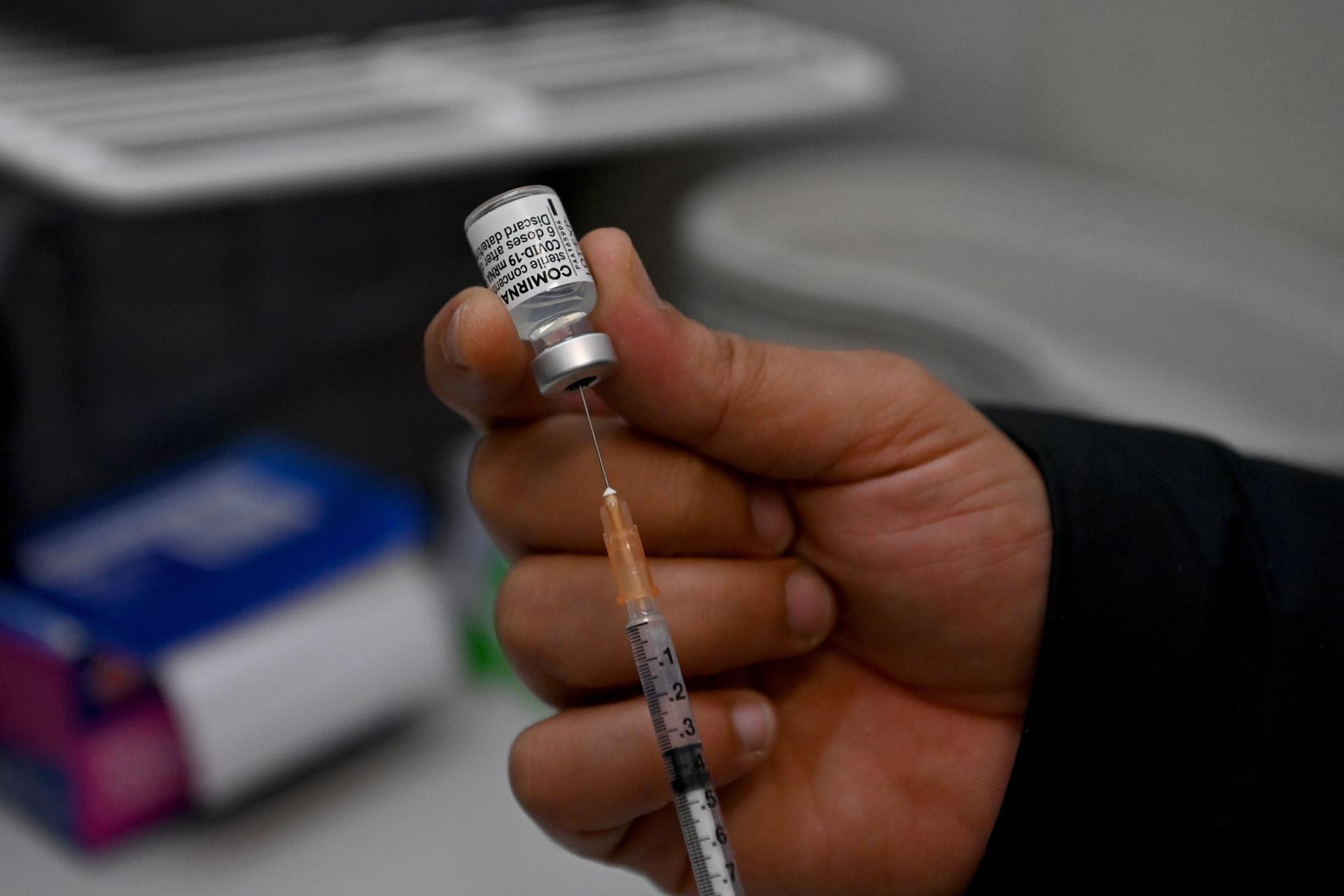Last week, the director of the Centre for the Coordination of Health Alerts and Emergencies, Fernando Simón, questioned the sense of making the Covid certificate a requirement for customers inside bars and restaurants. As so many people are vaccinated, why bother demanding it - this was the essence of his argument.
The certificate “incentive”
This is the industry’s interpretation
Also in News
- Spain wants Britons to show they have 113.40 euros, £97, per day for their holidays
- Major security alert at Mallorca airport, surprise landing of flights from Morocco and Namibia
- Big changes on the horizon when Britons travel to Mallorca
- Over two hours for Britons to get through Palma airport queues
- Living in a motorhome in Palma: "It'll only get worse"


No comments
To be able to write a comment, you have to be registered and logged in
Currently there are no comments.